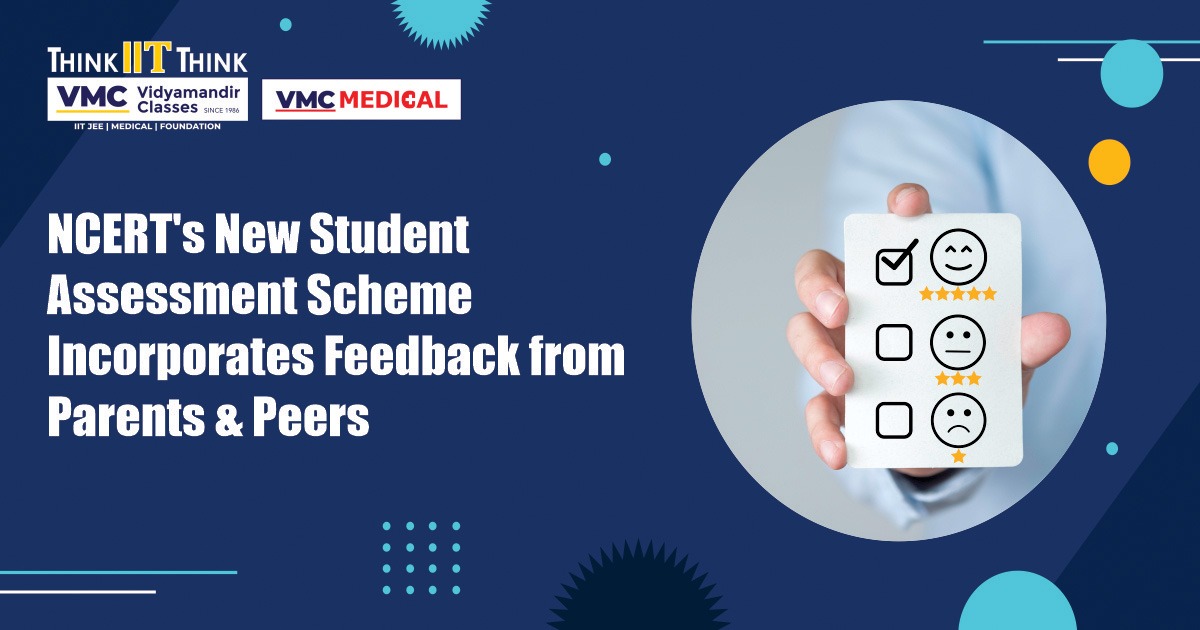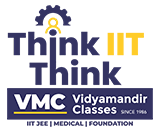NCERT’s New Student Assessment Scheme Incorporates Feedback from Parents & Peers
 Posted On
Posted On
103 total views, 3 views today
In a paradigm shift away from the conventional examination-centric approach to student assessment, the National Council of Educational Research and Training (NCERT) has introduced a groundbreaking initiative known as the Holistic Progress Card (HPC). Developed under the auspices of PARAKH, NCERT’s standard-setting body, the HPC represents a pioneering effort to redefine how we gauge student performance in the educational landscape.
Traditionally, academic evaluation has been synonymous with year-end examinations, often overlooking the multifaceted dimensions of a student’s abilities. However, with the advent of the HPC, NCERT endeavors to embrace a more comprehensive and holistic approach to assessing students’ progress. Drawing upon inputs from various stakeholders including parents, classmates, and students themselves, the HPC seeks to provide a nuanced understanding of students’ academic, cognitive, socio-emotional, and creative capabilities.
At its core, the HPC embodies a departure from rigid, standardized assessments towards a more personalized and inclusive evaluation framework. Gone are the days of one-size-fits-all metrics; instead, the HPC emphasizes the importance of self-awareness, interpersonal skills, problem-solving abilities, emotional intelligence, and creativity in gauging student growth. By incorporating a diverse array of parameters, the HPC aims to capture the holistic development of students across different stages of their educational journey.
Designed to cater to students across various educational stages, including the foundational stage (Classes 1 and 2), preparatory stage (Classes 3 to 5), and middle stage (Classes 6 to 8), the HPC represents a significant step towards fostering a culture of continuous and comprehensive assessment. Furthermore, NCERT is actively working towards extending this evaluation model to the secondary stage, ensuring continuity and coherence across all levels of education.
One of the distinguishing features of the HPC is its participatory nature, wherein students play an active role in their own assessment. Through a descriptive evaluation format, students are encouraged to reflect upon and articulate their learning experiences, thereby fostering a sense of ownership and agency in their educational journey. Additionally, the inclusion of inputs from parents and classmates adds a collaborative dimension to the assessment process, enriching the overall evaluation with diverse perspectives and insights.
Parents, as key stakeholders in their children’s education, provide valuable insights into students’ learning habits, homework completion, classroom engagement, and overall balance between academic pursuits and extracurricular activities. By incorporating parental feedback into the assessment process, the HPC not only acknowledges the crucial role of parents in supporting their children’s learning but also facilitates meaningful dialogue between parents and educators.
Similarly, classmates offer a unique perspective on students’ collaborative skills, ability to undertake tasks while learning, and overall engagement in classroom activities. By leveraging peer feedback, the HPC fosters a sense of community and mutual support among students, encouraging collaborative learning and peer mentorship.
In alignment with the overarching goals of the National Curriculum Framework for School Education (NCFSE) and the National Education Policy (NEP) 2020, the introduction of the HPC reflects a concerted effort to make evaluation more learner-centric. By focusing on students’ strengths and areas of improvement, the HPC aims to nurture self-awareness, self-esteem, and a growth mindset among students, laying the foundation for lifelong learning and holistic development.
Final Thoughts
In conclusion, NCERT’s Holistic Progress Card (HPC) represents a transformative shift in how we assess student progress in schools. By embracing a holistic and participatory evaluation framework that encompasses diverse dimensions of student development, the HPC holds the promise of fostering a culture of continuous improvement, collaboration, and inclusivity in education. As we embark on this journey towards reimagining student assessment, let us embrace the ethos of the HPC and empower every student to realize their full potential.



